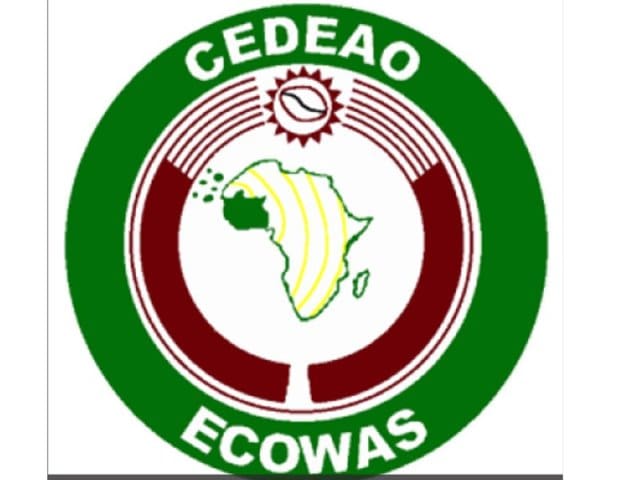The second meeting of the Supervisory Board of the Regional Fund for Agriculture and Food (RFAF), held on 25 April 2024, enabled members of the Board to validate and adopt the operationalisation and management instruments of the Fund and the selection of financial intermediaries within the framework of the operationalisation of the West African Initiative for Climate-Smart Agriculture (WAICSA).
The RFAF is managed by EBID in accordance with the Management Agreement signed on 14 February 2019 between the ECOWAS Commission and the ECOWAS bank (EBID).
This meeting marks a decisive turning point in the operationalisation of the RFAF. At a time when economic and financial vulnerability is being exported regionally and globally, the Supervisory Board has given the ECOWAS Bank for Investment and Development (EBID) the go-ahead to launch the Fund’s first activities as soon as possible. Effective start-up of the Fund’s activities will boost the confidence of partners who have been waiting, since 2011, for ECOWAS to operationalise the Fund before contributing.
Members of the Board examined and adopted the Fund’s operationalisation documents, including funding policies, project selection criteria, marketing/communication, and resource mobilisation documents, as well as the monitoring and evaluation mechanisms submitted to them for approval.
They also reviewed the Fund’s 2022 and 2023 annual activity reports and the tqhree-year work plan and budget for 2023-2025 before adopting them.
Special attention was given to the selection of the financial intermediaries who will be responsible for allocating funds to selected projects. Intermediaries play a crucial role in the process, ensuring proper management of the funds and providing technical support to final beneficiaries. Financial intermediaries were selected based on their experience, operational capacity, and commitment to the sustainable development of agriculture and food security in West Africa.
The second meeting of the Supervisory Board paves the way for effective implementation of innovative and sustainable projects that will help to strengthen the resilience of agricultural systems in the face of climate challenges, while improving food security and the livelihoods of the people of West Africa.
The adoption of the operational documents will make it possible to implement the resources mobilisation strategy through the organisation of the roundtable of donors and/or investors.
To recall, the mission of the RFAF is to ensure the financing of the Regional Agricultural Policy (ECOWAP) Investment Programme. Created in 2011 at the same time as the Regional Agency for Agriculture and Food (RAAF), the ECOWAS Regional Fund for Agriculture and Food is one of the main pillars of the overall institutional and financial arrangements for ECOWAP.
The report distributed by the APO Group on behalf of Economic Community of West African States (ECOWAS) stated that it is intended to be fed by Community’s own resources, supplemented by contributions from donors who plan to channel their resources towards regional agricultural programmes corresponding to ECOWAP priorities.
The RFAF constitutes the region’s sovereign instrument, which will make it possible to meet the needs of vulnerable populations and to undertake development programmes based on the priorities and real needs of Member States.
GIK/APA


